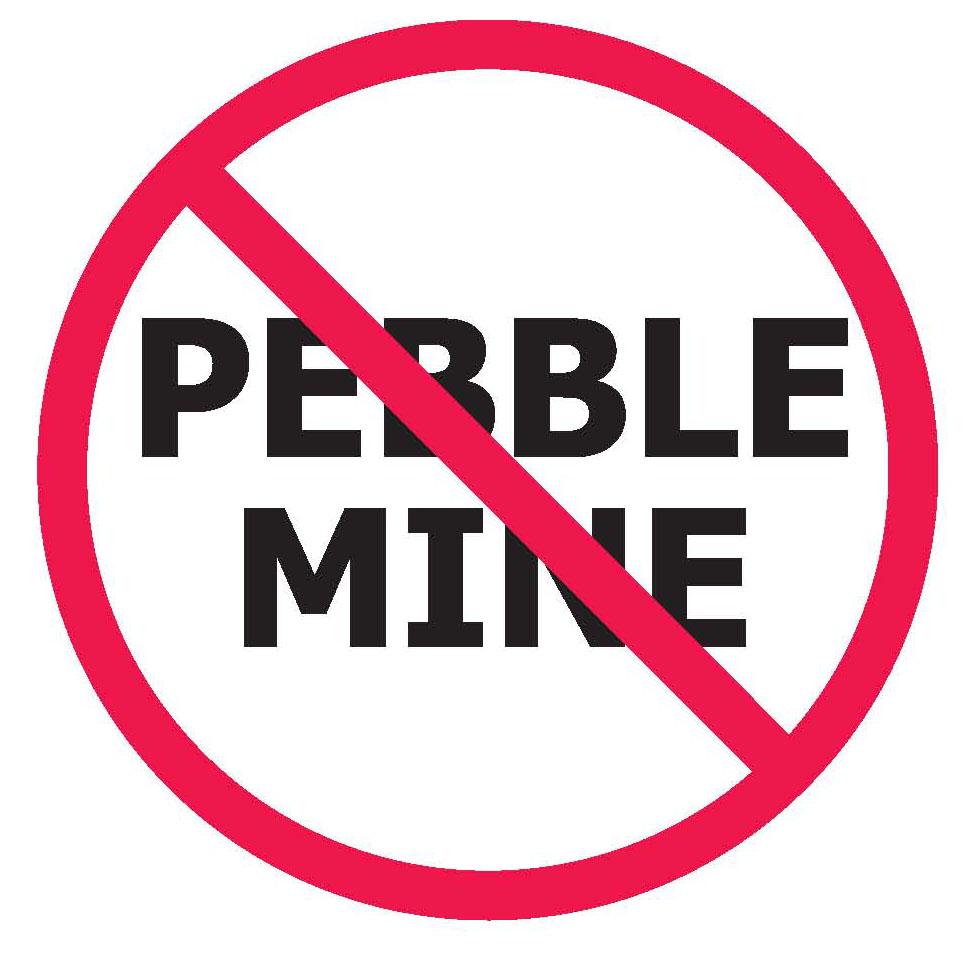
Pebble Partnership Delayed Public Process on Bristol Bay
Over the last year, Pebble Limited Partnership (Pebble), the corporation behind the proposed Pebble Mine has filed three lawsuits against EPA, challenging the agency’s authority to take a hard look at what this mine means to the health of Bristol Bay and the way of life in the region. Each case is a desperate attempt to keep the mine prospect alive.
The first case, filed in May, challenged the authority of EPA under Section 404(c) of the Clean Water Act to assess the potential environmental harms from the project. The federal district court dismissed that case because Pebble’s challenge was untimely. EPA has yet to make a final decision regarding restrictions or prohibitions on mining. Pebble has appealed, and that case is now pending before the U.S. Court of Appeals. Trustees for Alaska is representing Nunamta Aulukestai and we are hopeful that the district court decision will be affirmed early in 2015.
Pebble subsequently filed two more lawsuits against EPA. In September, Pebble claimed that EPA’s extensive public comment process used in developing its Bristol Bay Watershed Assessment violated the Federal Advisory Committee Act. Then in October, Pebble claimed that EPA hasn’t given them access to all the public documents related to Bristol Bay in violation of the Freedom of Information Act. Both of these are pending in federal district court.
Unfortunately, Pebble’s efforts to halt any review of its proposed mine by EPA has gained some temporary traction with the court. Late last month, the court stopped EPA from finalizing its recommendation about whether or not Bristol Bay should be protected from discharges of sulfide mine tailings under the Clean Water Act. This doesn’t mean that Pebble won its case, but they have delayed EPA’s review.
Pebble argued that the extensive citizen participation, comments by scientists, and tribal leaders’ contact with EPA made up three unauthorized “federal advisory committees.” Advisory committees are sometimes convened by the government to form joint recommendations, and they have special regulations that apply. Pebble argued that EPA had formed three such committees without following the law. Yet, Pebble has had equal, if not more, access to EPA and fully participated before the agency throughout this process. In a hearing in late November and in a subsequent written order, the court said Pebble was unlikely to succeed with two of its three claims, but indicated that Pebble had raised enough questions to be entitled to further consideration. This case will proceed over the next several months. While the outcome of this case is not clear, it is clear that Pebble will spare no expense to delay or stop EPA’s review of its proposed mine and its impacts on Bristol Bay.
Although the court is allowing Pebble to proceed with this case for now, the judge also excoriated Pebble for its 138-page, 540-paragraph initial court filing. The judge said it was “the most outrageous violation” of applicable court rules he had ever seen, and ordered Pebble to refile the Complaint (due December 19).
For more details and legal analysis, see the amicus curiae brief filed by our clients Nunamta Aulukestai and Bristol Bay Native Corporation. The brief was rejected by the Court without comment, but it provides valuable information about the case. The Department of Justice on behalf of EPA used several of our arguments in the hearing before the judge.
See all stories focused on our work to protect Bristol Bay from he Pebble Mine
Invest in work to protect Bristol Bay. Donate



